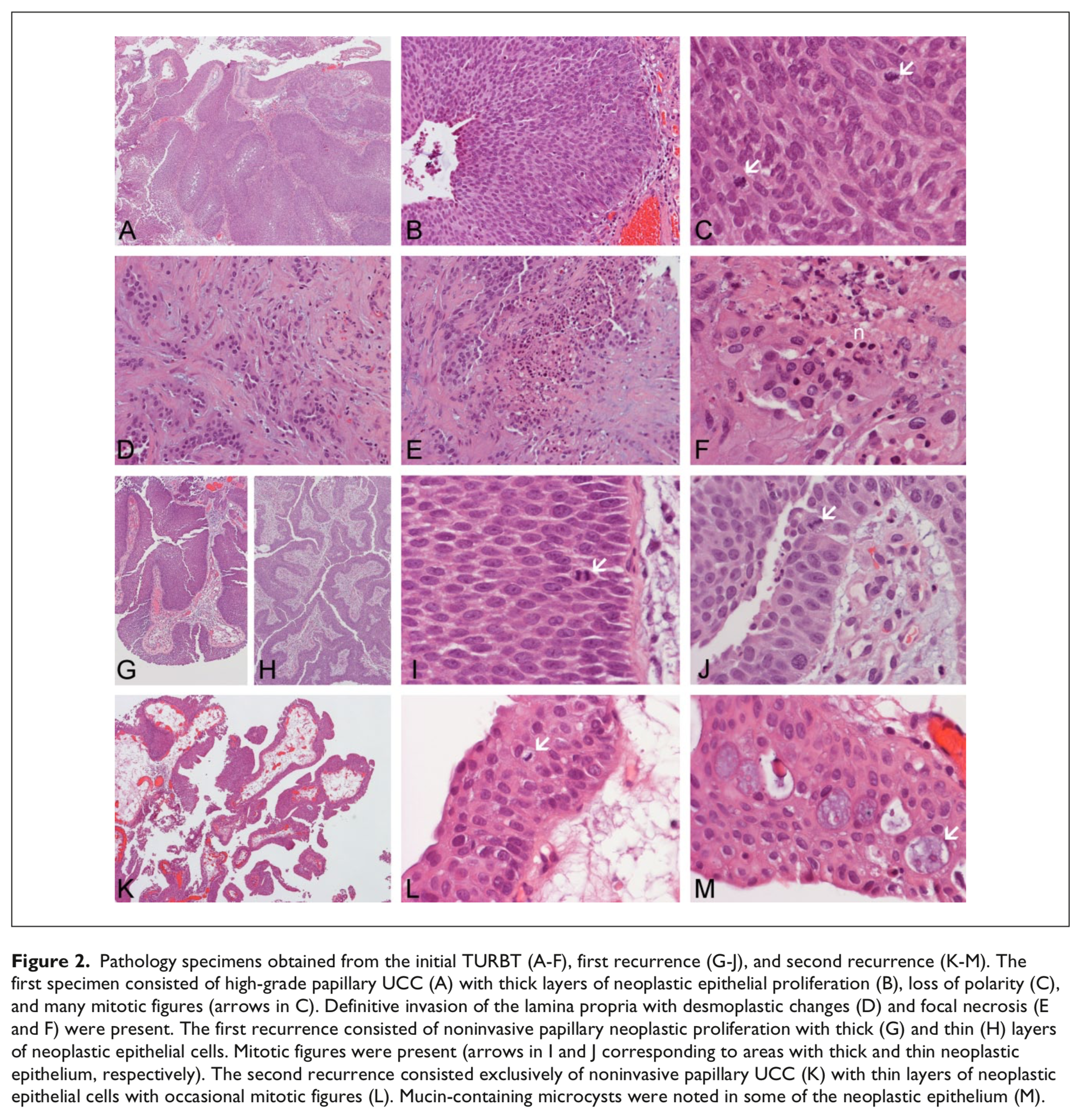Published Papers
Breast cancer
Boswellia sacra essential oil induces breast cancer cell-specific cytotoxicity. Suppression of cellular network formation and disruption of spheroid development of breast cancer cells by Boswellia sacra essential oil suggest that the essential oil may be effective for advanced breast cancer. Consistently, the essential oil represses signaling pathways and cell cycle regulators that have been proposed as therapeutic targets for breast cancer.
Case Study
39 Y old female with multifocal left breast cancer and metastasis to left side axillary lymph nodes
Mammography showing dense glandular tissue, large mass with ill- defined margins with micro-calcification in left upper outer quadrant.
Histopathology shows invasive ductal carcinoma of no special type. Neoplastic cells arranged in sheets and groups, no tubular formation (3/3) and moderate nuclear pleomorphism (2/3). Mitotic figures are scanty (1/3).
Tumor total score of 6/9, Grade II.
The section shows breast tissue with lactation changes. Few ducts show nuclear atypia.
No DICS nor invasive tumor.
Breast Ca 20X prior treatment
Breast Ca 20x core after treatment
Breast Ca 20x edge after treatment
Breast Ca 40x prior treatment
Breast Ca 60x core after treatment
Breast Ca 40x edge after treatment
Breast Ca 60x prior treatment
Breast Ca 10x edge after treatment
Breast Ca 60x edge after treatment
Pancreatic cancer
Human pancreatic cancer cells were sensitive to selective direct Fractions of Boswellia sacra essential oils rich in higher molecular weight compounds treatment with suppressed cell viability and increased cell death. Essential oil activated the caspase-dependent apoptotic pathway, induced a rapid and transient activation of Akt and Erk1/2, and suppressed levels of cyclin D1 cdk4 expression in cultured pancreatic cancer cells. In addition, Boswellia sacra essential oil Fraction IV exhibited anti-proliferative and pro-apoptotic activities against pancreatic tumors in the heterotopic xenograft mouse model.
Basal cell carcinoma
Frankincense essential oil prepared by hydrodistillation of Boswellia sacra gum resin possesses anti-cancer activity that can potentially provide non-surgical and non-invasive treatment option for BCC by topical application. This case report discusses the management of BCC of the skin using frankincense (Boswellia sacra) essential oil.
Bladder Cancer
The effects of frankincense and sandalwood essential oils on J82 cells and UROtsa cells involved different mechanisms leading to cancer cell death. While frankincense essential oil elicited selective cancer cell death via NRF-2-mediated oxidative stress, sandalwood essential oil induced non-selective cell death via DNA damage and cell cycle arrest.
Bladder cancer
A 52-year-old Hispanic male presented with hematuria and was later diagnosed with a large invasive high-grade urothelial cell carcinoma (UCC) of the urinary bladder, but with ambiguous pT1/pT2 staging regarding musclaris propria invasion by UCC. The conventional treatment including radical cystoprostatectomy followed by neoadjuvant chemotherapy with or without radiation therapy was presented. The patient decided to delay the standard therapy until a later stage, but elected to go through transurethral resection of bladder tumor (TURBT) without Bacillus Calmette-Guérin instillation. Following TURBT, the patient started oral Boswellia sacra gum resin (aka frankincense or Ru Xiang in Chinese) hydrodistillates (BSGRH) administration at 3 mL daily with lifestyle changes, and continued this regimen in the last 25 months. Within the first year after diagnosis, the patient experienced 2 recurrences. Recurrent tumors were removed by TURBT alone and both tumors were far smaller than the original one. After the second recurrence, the patient has no detectible cancer in the bladder based on cystoscopy for 14 months and has an intact genitourinary system. His liver and kidney functions are considered to be normal based on blood chemistry tests. This index case suggests that BSGRH may have cancer chemopreventive effects on UCC.
Extraction of biologically active compounds by hydrodistillation of Boswellia species gum resins for anticancer therapy
Frankincense essential oils prepared by hydrodistillation of gum resins from Boswellia species contain complex chemical constituents and possess anti-cancer activity. Frankincense essential oil activates arrays of genes and pathways that suppress the growth and induce the apoptosis of established human cancer cell lines of different tissue origins. Besides boswellic acids, frankincense essential oil-induced anti-proliferative and pro-apoptotic activities in tumor cells may result from high-molecular weight compound(s).






